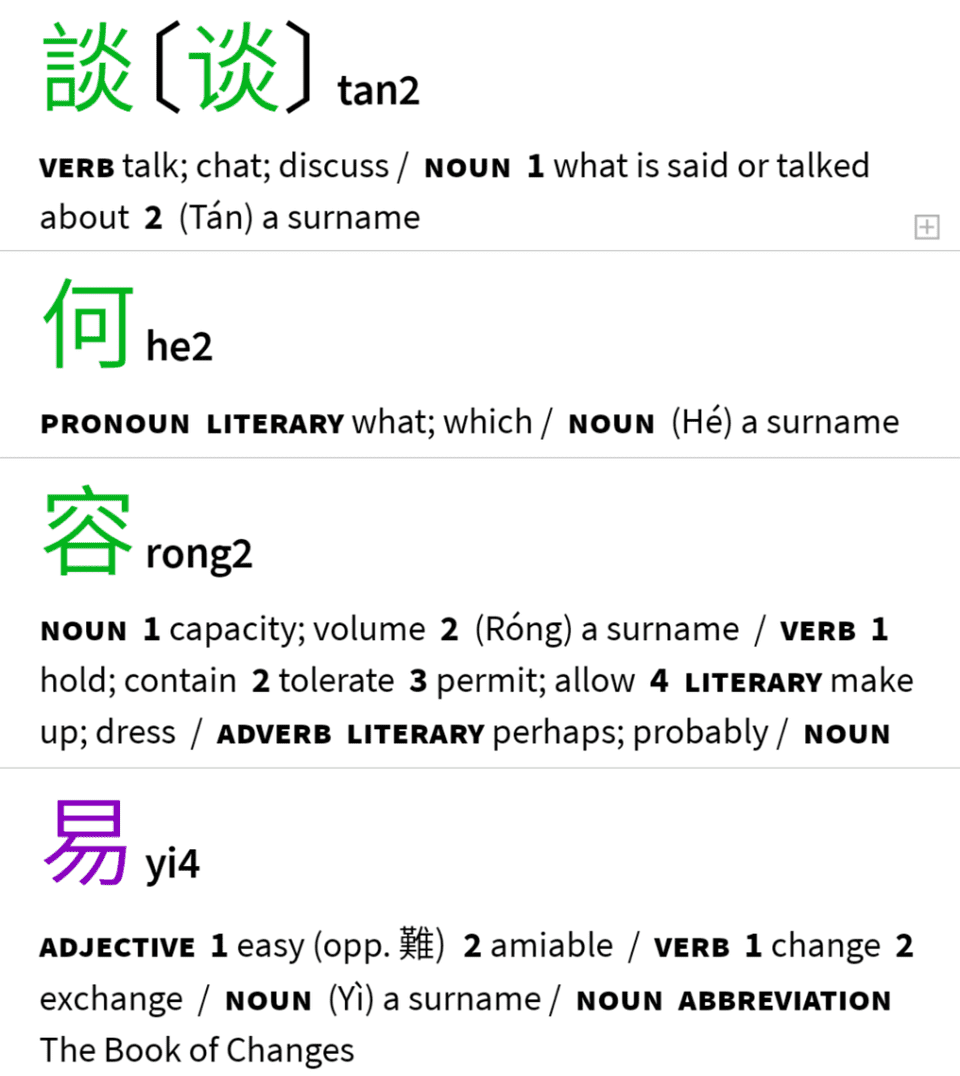Unfortunately, I can’t recall the speaker or session that caused me to jot this down. So I really don’t have much more context to add though besides liking it a lot. It was simple and meaningful enough to resonate with me, and hopefully with you.
Argue like you’re right, listen like you’re wrong.
A few months ago I took the Thomas-Kilmann (TKI) Conflict Mode test. There’s 5 modes of conflict that vary between levels of cooperativeness (x-axis) and assertiveness (y-axis):
- avoiding
- accommodating
- compromising
- competing
- collaborating
I liked how this outcome was that everybody should be able to flit amongst all of them, despite some of them getting a bad rap like :eyeroll: “they’re so conflict avoidant.”
But think about it, in a fight-or-flight situation, that’s when you’d want to utilize the avoid conflict mode. Or if the building was on fire, you’d need to tap the competing conflict mode and get a move on. Now is not the time to get group consensus. As in life, balance is key. Unsurprisingly, I tend to lean towards accommodating.
I bring this up because I have no trouble listening like I’m wrong. I think it’s because I like to hear other viewpoints, and I’m always curious to see if it’ll actually change my opinion. Plus, I was always told listening was a good trait to have.
But the problem is, I have such a hard time arguing like I’m right. It’s partially confidence, but I also think it’s because I like to be assured that I’m indisputably right. That’s probably why I majored in engineering, a happy marriage of math and science. But being that sure usually requires me having enough time to digest information so I can have a well thought-out rebuttal. It’s quite a tall order to fill.
But that’s why one of my resolutions this year is to have a perspective.
I think I need to let go of this self-imposed limitation that to have an opinion, I must be assured of myself, 100%, without room to change. My perspective can be that I’m considering A, but based on what I’ve heard from you I could lean towards B because of C. As a leader, I believe people are generally looking towards you for guidance, and aren’t nearly as unforgiving as you imagine them to be.
But I know it’s easier said than done. In Chinese, we’d say, 談何容易 (tan2he2rong2yi4). It’s a pretty direct translation as 談 (tan2) means talk, 何 (he2) means what way, and 容易 (rong2yi4) means easy, as you can see below in the breakdown.
